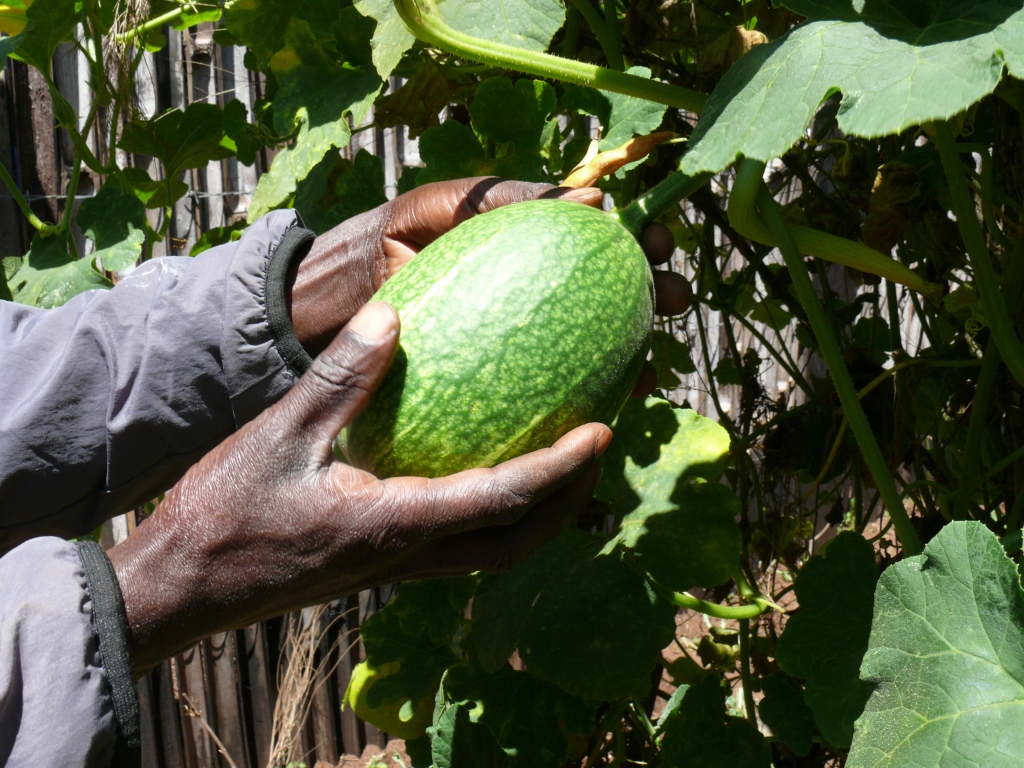GBM Blog
Rural Women as Multipliers in Development
October 15th has been declared by the UN as International Rural Women’s Day. This important day was started in 1995 during the Beijing Conference on Women to hour rural women. It is no coincidence that International Rural Women’s Day for the Elimination of Poverty, October 17th. When Rural Women succeed to their rightful place, world food production will increase and poverty will decrease.
Rural women continue to suffer from discrimination within states, communities and families. They suffer discrimination and are prevented from the rights of full citizenship. The increasing poverty of small scale farmers in rural Kenya, who are primarily women, is directly linked to the degradation of the natural environment on which they depend. The destruction of the forests in the highlands of Kenya drives rural women to have to walk further and further for clean drinking water and to source fuel wood for their homes. Unsustainable practices and poor governance continue to drive deforestation in Kenya which now has less than 2% forest cover.
The Green Belt Movement (GBM) has a large membership at the grassroots levels who are mostly women and they have made tree planting an income generating activity, where Green Belt Movement gives a financial compensation (US 10 cents) to nursery groups for every tree seedling that is planted and survives. That money is used to meet their reproduction, production and community obligation. The trickling effect of tree planting demonstrates the mission of Green Belt Movement in action as we mobilise community consciousness- using tree planting as an entry point- for better environmental management, community empowerment, and livelihood improvement.
The Millennium Development Goal 3 promotes Gender Equality and Empowerment OF Women. It is noted that to invest in the empowerment of women is to invest in all eight Millennium Development Goals. Women are recognized as the “Multipliers in Development.”
“Sustainable Food Systems for Food Security and Nutrition” is the focus of World Food Day in 2013 which focuses on World Food Day observances and helps increase understanding of problems and solutions in the drive to end hunger.
Today almost 842 million people worldwide are chronically undernourished. Unsustainable models of development are degrading the natural environment, threatening ecosystems and biodiversity that will be needed for our future food supply.
The Green Belt Movement has developed community led interventions on climate change adaptation, water and securities. Theses interventions have improved household food, regulated community micro climates positively impacting on agriculture and livelihoods. In all natural resources based value chains have been strengthened.
Every aspect of the food system has an effect on the final availability and accessibility of diverse, nutritious foods – and therefore on consumers’ ability to choose healthy diets.What is more, policies and interventions on food systems are rarely designed with nutrition as their primary objective.

The International Day for the Eradication of Poverty has been observed every year since 1993, when the United Nations General Assembly, by resolution 47/196, designated this day to promote awareness of the need to eradicate poverty and destitution in all countries. Fighting poverty remains at the core of the Millennium Development Goals (MDGs) and the post-2015 development agenda. 17 October presents an opportunity to acknowledge the effort and struggle of people living in poverty, a chance for them to make their concerns heard, and a moment to recognize that poor people are the first ones to fight against poverty. Participation of the poor themselves has been at the center of the Day's celebration since its very beginning. The commemoration of October 17th also reflects the willingness of people living in poverty to use their expertise to contribute to the eradication of poverty.
To facilitate change from the grassroots the Green Belt Movement (GBM) continuously runs Community Empowerment and Education (CEE) seminars to increase individual, communal participation and responsibility to create a value-driven society of people who consciously work for the continued improvement of their livelihood and greener, cleaner environment.
